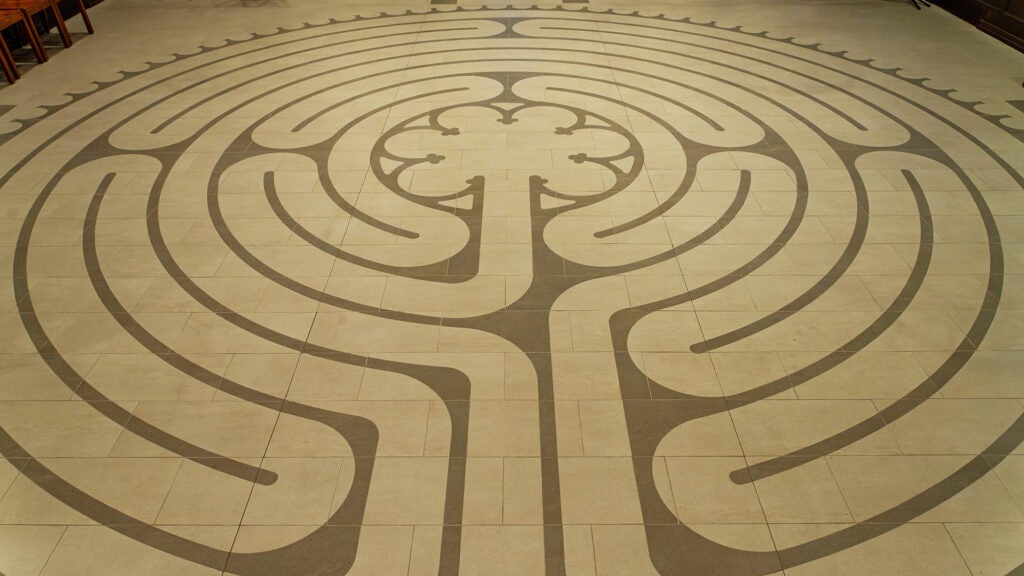Mind Body Medicine Program

As a result of a grant from the National Institute of Health National Center of Complementary and Alternative Medicine (NCCAM), Georgetown University School of Medicine has integrated a course in Mind-Body Medicine into its medical school curriculum. In addition, an annual professional training program in Mind-Body Medicine is offered to the faculty of Georgetown University School of Medicine and Georgetown University Law Center.
Mind-body approaches — including self-awareness, relaxation, meditation, guided imagery, biofeedback, physical exercise, art, music and movement — are among the best known and most widely used of the complementary, alternative or integrative approaches to healthcare.
Mind-body approaches are particularly important in another way. By their very nature they put high value on, and teach the power of self-awareness and self-care. In so doing, they help shape the new integrative model of health care — one in which treatment is balanced with teaching; in which prevention and self-care are given as much respect as procedures and pharmacological interventions.
In order for students to understand the potential of mind-body approaches, as well as apply them in clinical practice, we believe that they should experience these approaches themselves. It is not enough to hear about mind-body medicine and to read and comprehend the scientific basis for its efficacy. Rather, for students to appreciate their patients’ capacities for self-awareness and self-care, students should experience and realize their own abilities.
To that end, the Mind-Body Medicine Program, supported by the administration and faculty, takes medical, and graduate students through a series of exercises used to promote overall well-being, stress management, empathy, self-awareness and self-care.
Reference Articles
Meditation
- Davidson, R., Kabat-Zinn,J, Schumacher, J, Rosenkranz, M., Muller D., Santorelli, S., Urbanowski, F., Jarrington, A., Bonus, K., & Sheridan, J.; Alterations in Brain and Immune Function Produced by Mindfulness Meditation, Psychosomatic Medicine, 2003
- Reibel, DK, Greeson, JM, Brainard, GC, Rosenzweig, S; Mindfulness-Based Stress Reduction and Health-Related Quality of Life in a Heterogeneous Patient Population; General Hospital Psychiatry, 2001.
- Shapiro, S., Schwartz, G., & Bonner, G.; Effects of Mindfulness-Based Stress Reduction on Medical and Premedical Students, Journal of Behavioral Medicine, 1998.
Imagery
- Bakke, Antony C., Purtzer, MZ., & Newton, P.; The Effect of Hypnotic-Guided Imagery on Psychological Well-Being and Immune Function in Patients with Prior Breast Cancer; Journal of Psychosomatic Research, 2002.
- McKinney,C., Antoni, M., Kumar, M., Tims, F. & McCabe, P.; Effects of Guided Imagery and Music (GIM) Therapy on Mood and Cortisol in Healthy Adults, Health Psychology, 1997
- Rider, M., & Achterberg, J., Effect of Music-Assisted Imagery on Neutrophils and Lymphocytes; Biofeedback and Self-Regulation, 1989.
- Holden-Lund, Carole, Effects of Relaxation with Guided Imagery on Surgical Stress and Wound Healing; Research in Nursing & Health, 1988.
Group Support
- Targ, E., Levine E., The Efficacy of a Mind-Body-Spirit Group for Women with Breast Cancer: A Randomized Controlled Trial; General Hospital Psychiatry, 2002.